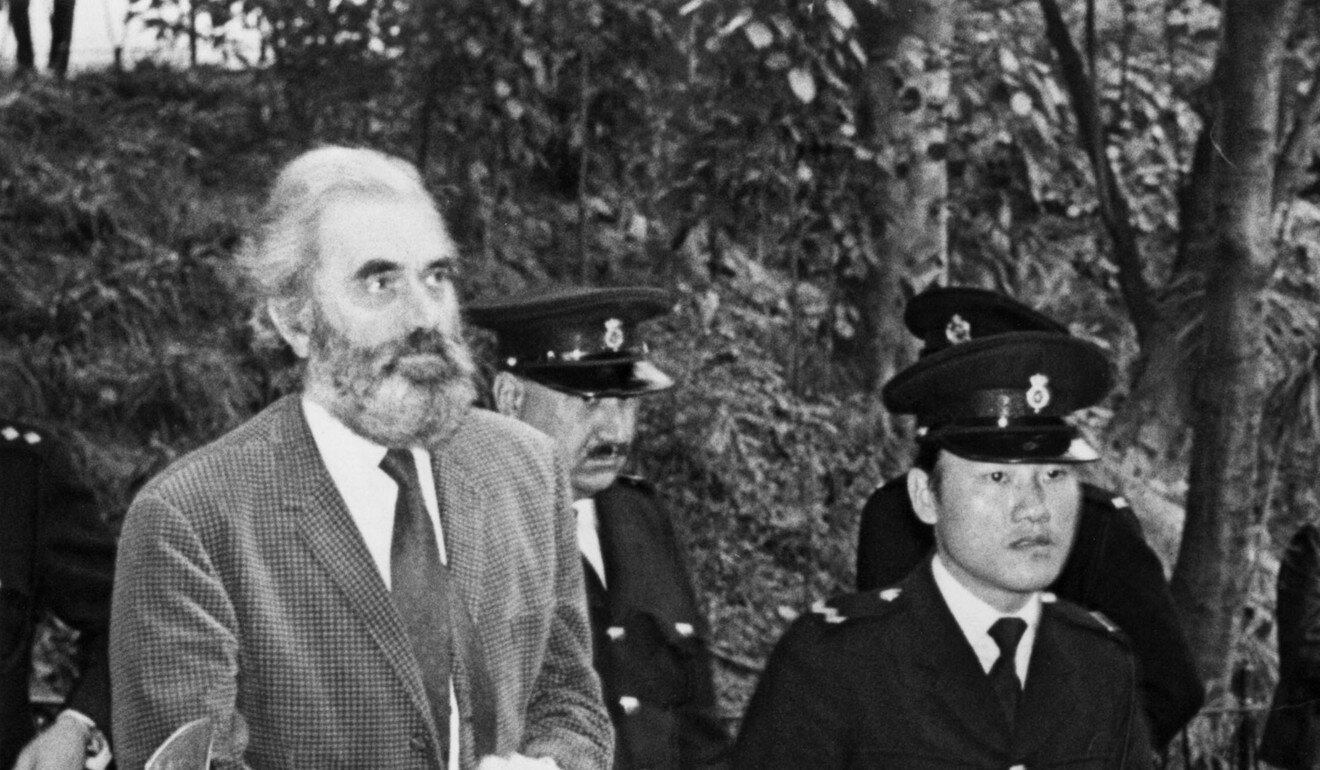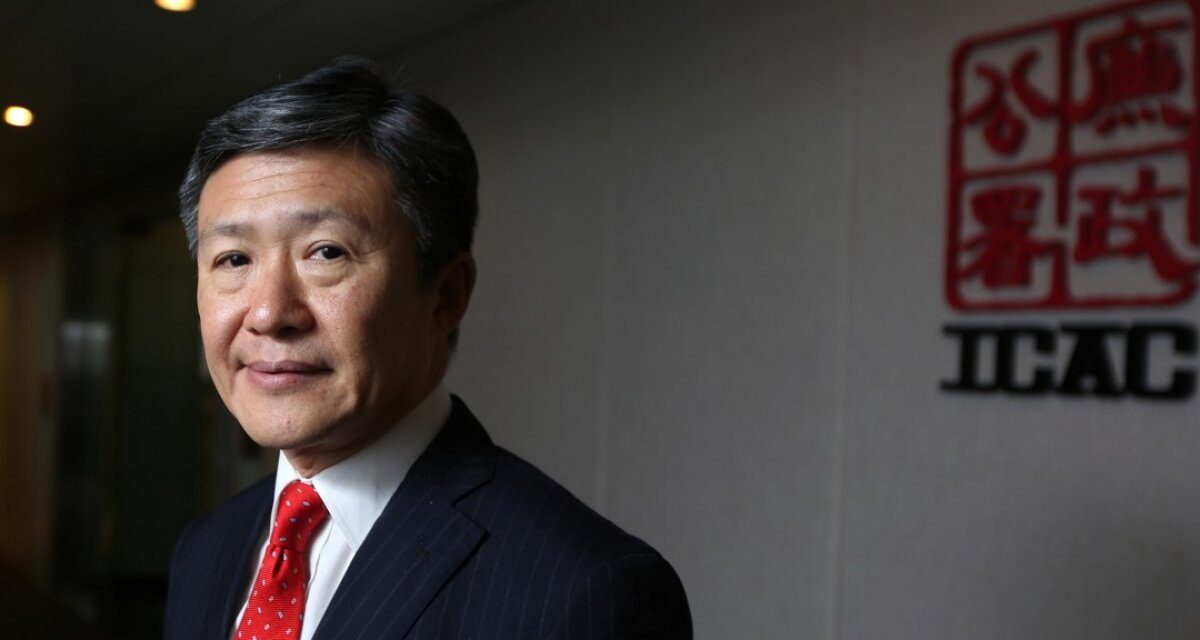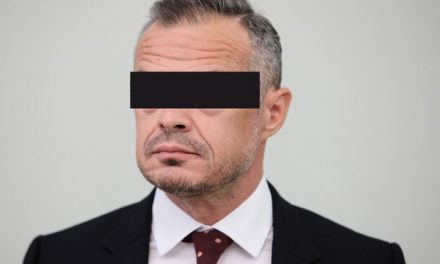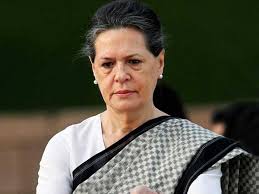11 July 2019
Independent Commission Against Corruption (ICAC) warns Hong Kong investors in Beijing’s global trade plan to beware of deals in some countries where bribery is rampant.
ICAC has been tasked by Beijing to help state agencies stamp out graft and live up to the United Nations Convention Against Corruption. In doing so ICAC would also help other trading partners with graft problems.
The ICAC is a government unit independent of the civil service and reports directly to Chief Executive. Besides investigating graft in the city, it has provided training and consultancy services to overseas counterparts, especially those from Belt and Road countries. The belt and road initiative, announced five years ago, seeks to boost economic and infrastructure links across more than 60 countries in three continents, including the 10 Asean member-states.
Simon Peh Yun-lu, commissioner of ICAC, said 13 Belt and Road countries including Bangladesh and Sri Lanka had approached the ICAC for help with training officials since last September.
However, the ICAC’s priority was the Asean countries, given that many Hong Kong businessmen were making investments there, the commissioner said.
The 62-year-old law enforcement veteran, a career civil servant who started as an immigration officer in April 1978, recalled the scale of corruption endemic in Hong Kong in the bad old days.
Corruption was “everywhere” in the 1960s and 1970s, Peh said. Hong Kong government employees often demanded “tea money” or “lucky money” before providing services. A notable case was that of a former police chief superintendent Peter Godber who was charged with bribery and conspiracy after investigators found HK$4.3 million – about six times his total earnings from 21 years in the force – in bank accounts linked to him. Godber’s case was a catalyst for the establishment of the ICAC in 1974.
ICAC has been tasked by Beijing to help state agencies stamp out graft and live up to the United Nations Convention Against Corruption. In doing so ICAC would also help other trading partners with graft problems.
The ICAC is a government unit independent of the civil service and reports directly to Chief Executive. Besides investigating graft in the city, it has provided training and consultancy services to overseas counterparts, especially those from Belt and Road countries. The belt and road initiative, announced five years ago, seeks to boost economic and infrastructure links across more than 60 countries in three continents, including the 10 Asean member-states.
Simon Peh Yun-lu, commissioner of ICAC, said 13 Belt and Road countries including Bangladesh and Sri Lanka had approached the ICAC for help with training officials since last September.
However, the ICAC’s priority was the Asean countries, given that many Hong Kong businessmen were making investments there, the commissioner said.
The 62-year-old law enforcement veteran, a career civil servant who started as an immigration officer in April 1978, recalled the scale of corruption endemic in Hong Kong in the bad old days.
Corruption was “everywhere” in the 1960s and 1970s, Peh said. Hong Kong government employees often demanded “tea money” or “lucky money” before providing services. A notable case was that of a former police chief superintendent Peter Godber who was charged with bribery and conspiracy after investigators found HK$4.3 million – about six times his total earnings from 21 years in the force – in bank accounts linked to him. Godber’s case was a catalyst for the establishment of the ICAC in 1974.

Peter Godber escorted by officers from the Prisons
South China Moring Post reported.















